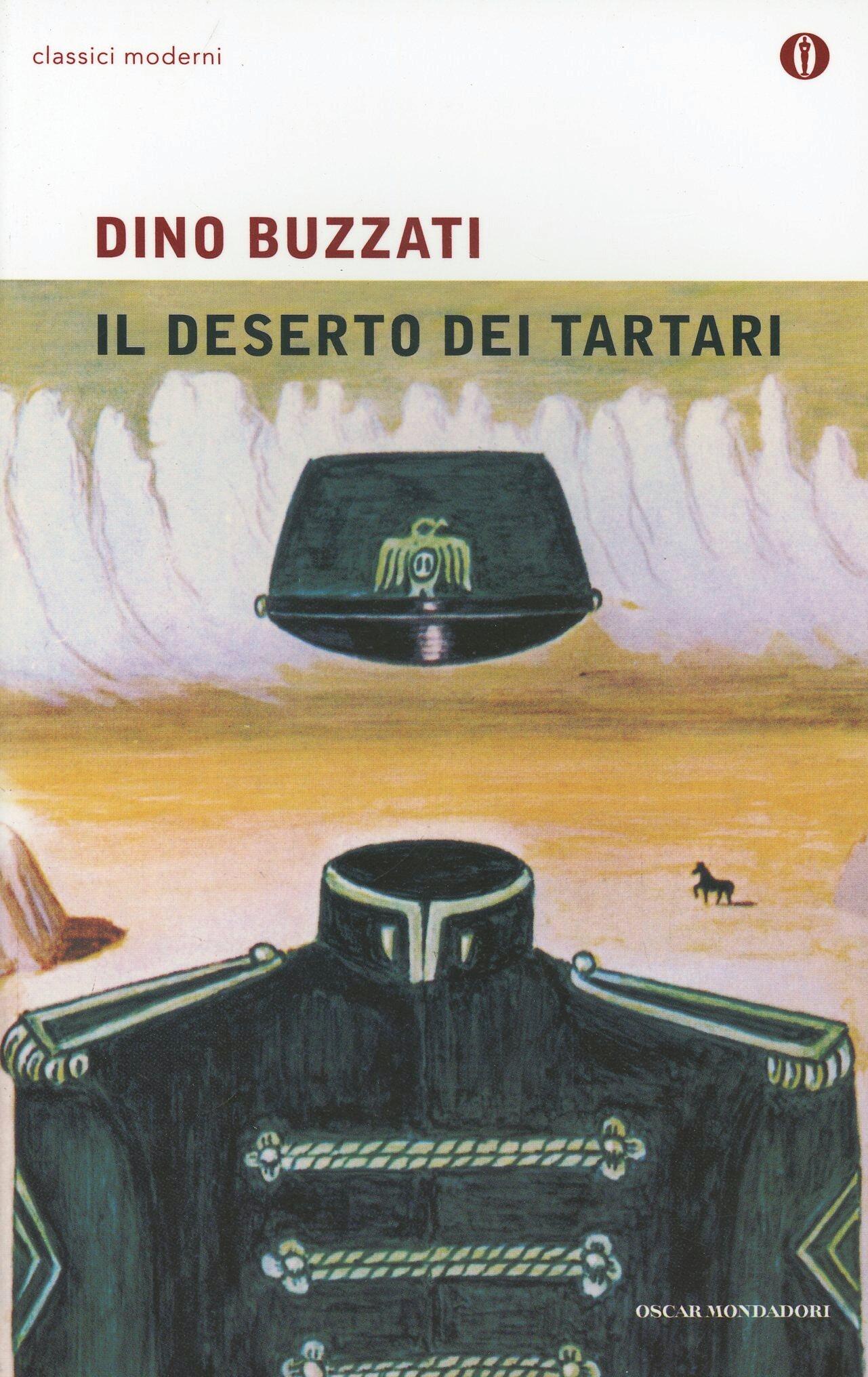A novel of aging. Thoughts about the life course…
I was made aware of this uncompomising book when I read Peter Luthersson’s Förlorare from 2014. In the opening chapter Luthersson relates how gutted he had been by reading Carpelan’s book, and how it had made him think about aging and the shift of worldviews that constantly occurs in the flood of time. Luthersson’s book is about one such worldview that in his opinion has been lost to the tides, namely ”the ethos of the 1800s”. He expands his argument over the course of 470+ pages with close readings of several 19th century writers, like Kipling, Conrad, Melville and others.
But Carpelan’s book is not about the 19th century. It is firmly set in the 20th century, as the protagonist is an aged man at the end of his working life, reflecting on what became of him – and what became of his own zeitgeist. The stuff of the novel must be of autobiographical origin, as the author shares several of the important characteristics with the protagonist.
It is written almost in diary form, with short numbered chapters containing a fleeting idea or other. The narration also mentions that this is a thought-diary, even though it is interspersed with more traditional prose storytelling too.
Benjamin Trogen (Trogen means faithful), is a newly retired translator living in Helsinki, or Helsingfors rather, as he is Finland-Swedish (a Swedish-speaking minority of Finland). He has spent his life transferring the thoughts of others into Swedish and feels now that he wants to record some of his own thoughts instead. Some of the thoughts are the kind of throwaway thoughts that might have ended up in the paper basket. Some are philosophical in nature, jumping off of Descartes or others. Some are plain old curmudgeonly complaining about the decline of manners and such. He even has a name for it, “SUra GUbbars KLUbb” written with a few upper case letters for some reason (meaning “grumpy old men’s club”).
An overarching story is that of his childhood friend Olli who became mentally retarded after falling into the water and hitting his head, an accident that Benjamin believes he is responsible for, and has blamed himself for his whole life. Benjamin is visited by Olli in his dreams and decides to make a trip to visit him in real life.
This book has not been translated into English, as far as I know, but some other of Carpelan’s output has been subjected to English publication. A certain David MacDuff translated a few of them in the 1990s, one of them being Urwind. Horace Engdahl, a leading Swedish authority on literary matters, and former leader of the Swedish Academy called Carpelan “an architect of dreams” when he was awarded the “De Nios Stora Pris” 1995. He also received the Nordiska rådets litteraturpris in 1977.
Carpelan (1926-2011) was a translator of Finnish to Swedish and some of the prose reflects that bilinguality, which intrigues me as a linguistically inclined person. Also of note is that he started out as a poet, and continued writing poetry throughout his life. Poets writing novels usually makes for a certain type of prose, more mystical in tone, which definitely applies to Benjamins bok.



